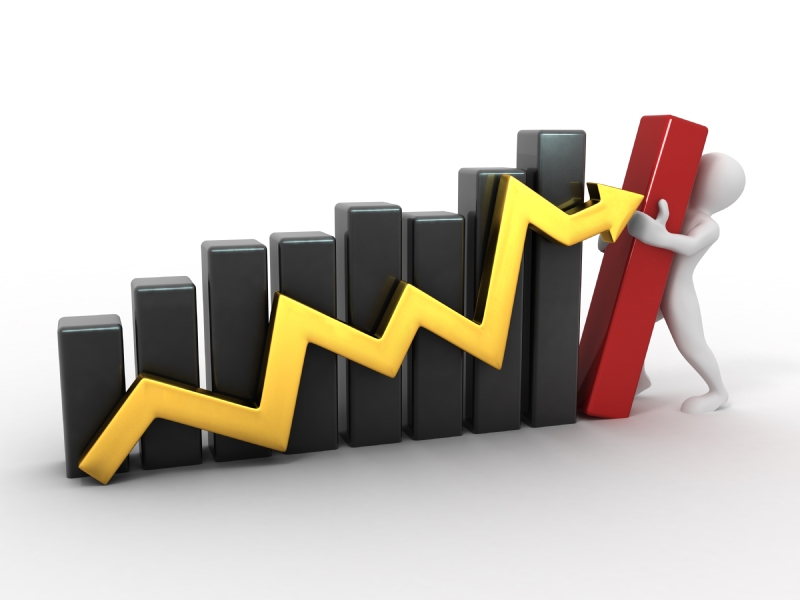Can your budget handle a rate increase?
There is a bunch of talk about Canadian mortgage rate increases. The single biggest investment most Canadians make is their home; this represents almost 40 % of the average family’s total assets. The big problem at the moment is that many Canadians are living in homes they won’t be able to afford once interest rates start to rise. Right now The Bank of Canada‘s overnight rate is 1 % – this prime rate went above 20 % in 1981! What would happen to your home and mortgage if rates were to go up tomorrow?
Tip # 1: Pay Down Your Principal
If rates are increasing, the best plan is to lower your principle. The two most common ways to tackle this is by:
Switching from Monthly to Rapid Bi-Weekly
Switching from monthly mortgage payments to bi-weekly payments could help you save thousands of dollars in interest.
Making Lump Sum Prepayments
Try making lump sum prepayments or doubling up your payments whenever possible. This will help you tackle your debt quickly and efficiently.
Tip # 2: Plan for it Now
Open a savings account that you are able to pull from to pay for increases in your mortgage interest rate and payments down the road.
Tip # 3: Get Some Professional Advice
Speak with a mortgage professional about your options. You may be able to refinance now and lock in a low mortgage rate.
Tip # 4: Get Real About Your Debt
If you need to, downsize your home or consolidate your loans to protect yourself from rising interest rates. Most importantly, if you are shopping for a new home, calculate your affordability at a much higher interest rate – it’s the only way you can determine your chances of affording your home for the long term.

 Bond Prices and Bond Yields (Negative Relationship)
Bond Prices and Bond Yields (Negative Relationship)